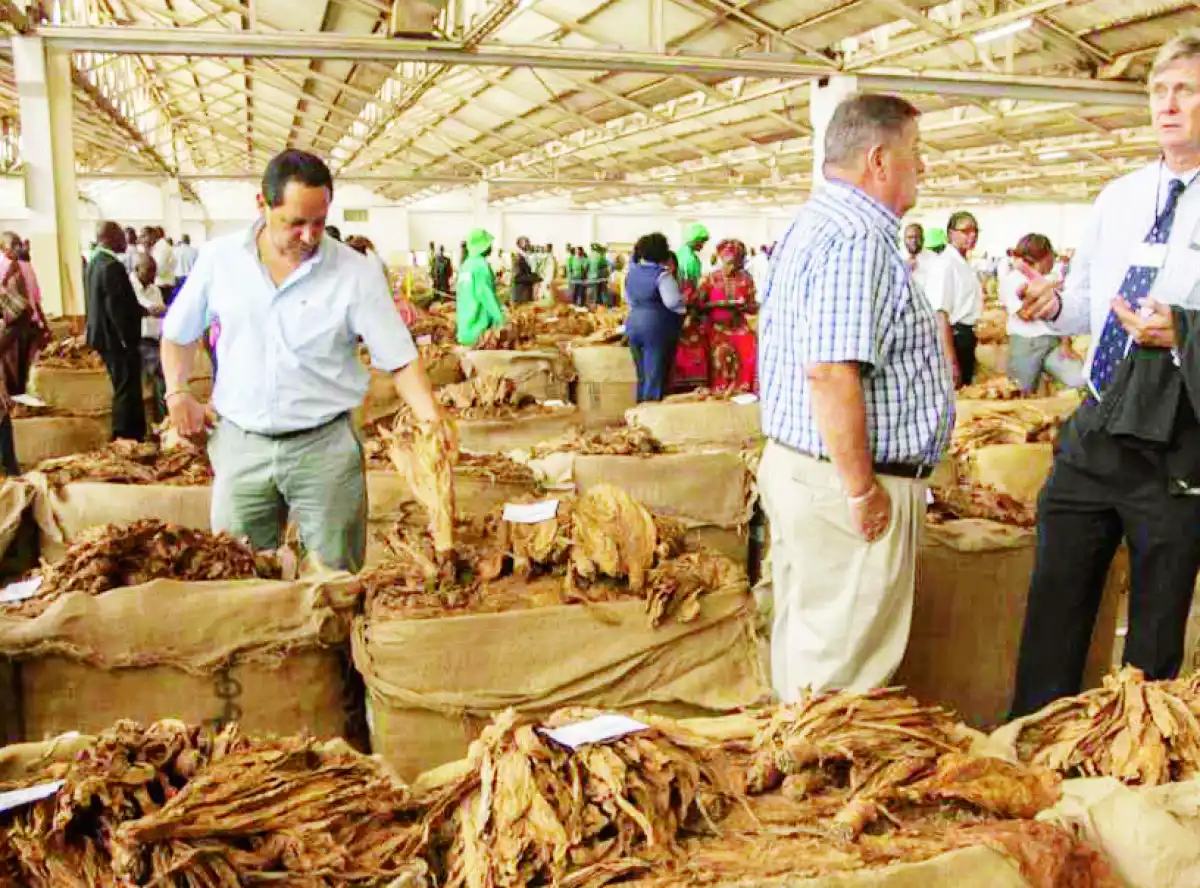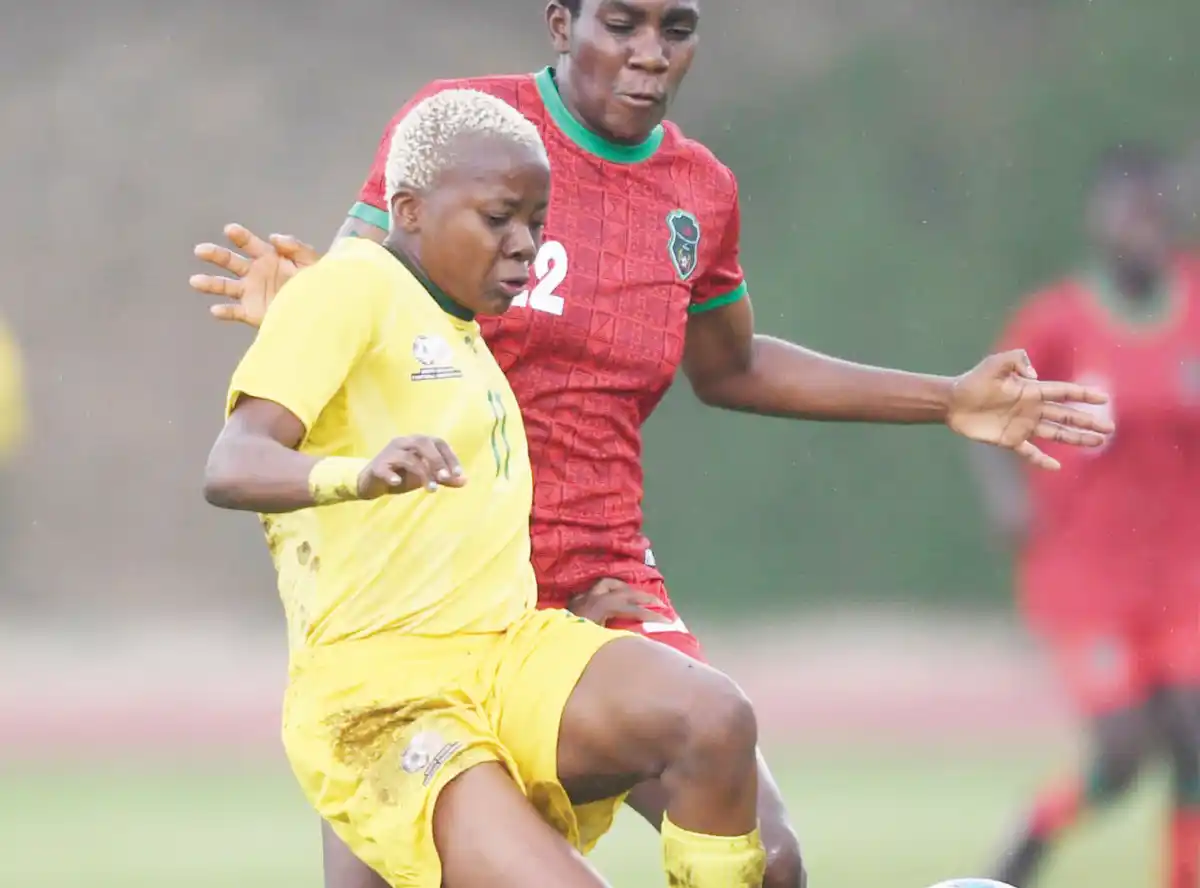
During the celebration of our country’s 59th Independence Anniversary in 2023, I titled my Business Unpacked submission published in the July 6 edition of The Nation ‘59 years of moving in circles, poverty’.
Today, five days after we celebrated 60 years of independence from Britain I decided to slightly modify last year’s heading and say ’60 years of moving in circles, poverty’. In other words, there has not been much joy in the past 12 months.
Malawi has faced mixed fortunes in the past 60 years where poverty, hopelessness and a general lack of direction where for every three steps forward, we have tended to take two backwards.
Between 1964 and 1994, founding president Hastings Kamuzu Banda passionately encouraged Malawians to engage in agriculture as a key driver of growth with the mantra ‘chuma chiri mu nthaka [agriculture is key to economic growth]’. Today, President Lazarus Chakwera’s administration has added tourism and mining to agriculture to make the ATM strategy touted as a catalyst of economic growth.
In the 60 years of independence, Malawi has not had civil strife or any external disruption, but is sadly bundled in the same bracket of the poorest countries in the world alongside Burundi, Eritrea, Guinea-Bissau, Liberia and Niger.
In the decade 2010 and 2019, the World Bank said poverty levels in Malawi remained high with about half of the population trapped in extreme poverty. The trend was said to have been worsened by, among others, population growth and recurring climate shocks with persistent floods and droughts washing away the gains.
Public debt has also remained high over the years despite the country having had its foreign debt written off in 2006 under the Heavily Indebted Poor Countries initiative. In fact, the authorities are back on bended appealing for debt forgiveness again with total public debt stock at about K13 trillion, representing 84.8 percent of the gross domestic product and would likely rise to K14.4 trillion if K1.46 trillion deficit in the proposed 2024/25 fiscal plan is factored in.
In January 2021, the Malawi Government launched the Malawi 2063 also known as MW2063 as a successor long-term development strategy to Vision 2020 that had expired after achieving minimal targets, largely due to lack of focus.
The MW2063 envisions Malawi to be “an inclusively wealthy and self-reliant nation” by 2063. To facilitate the attainment of the objectives and having drawn lessons from Vision 2020, on recommendation of the Public Sector Reforms Commission the country formed the National Planning Commission (NPC) as a coordinating agency for the strategy which has 10-Year MW2063 Implementation Plans (MIP-1) complete with 10-year targets. MW2063 is premised on three inter-related and inter-dependent pillars of agricultural productivity and commercialisation, resource-based industrialisation and urbanisation.
From the launch date, the MW2063 has gathered momentum with NPC director-general Thomas Chataghalala Munthali, PhD and his team selling the vision to get the buy-in from various stakeholders, including the ordinary man and woman on the streets. But all hope turned into gloom recently when the NPC told the Budget and Finance Committee of Parliament that Malawi is not likely to become a lower middle-income country by 2030 and that the target may only be achieved 15 years later if it remains on the current path.
Poor public finance management has been another thorn in the flesh and despite efforts to tighten the screws, leakages continue to exist in the system.
It is 39 years to MW2063 today and it is our responsibility to decide on what country we want future generations to find in 2063 and beyond.
Some have suggested that in celebrating 60 years of independence we do not necessarily need to be too harsh with ourselves. But I would also say that in the spirit of ‘life begins at 40’ the Diamond Jubilee should be an opportune time to reflect on what we have done in the past, where we went wrong and how we can improve.
It is also worth noting that some of the challenges our country faces on the economic front have come against the background of several prescriptions from international financial institutions such as the World Bank and the International Monetary Fund.
It pains to note that 60 years after independence, no district hospital has a dialysis machine to assist those with kidney problems and even at the two central hospitals with the facility, half the time the machines are out of order because consumables cannot be purchased.
To achieve the development aspirations, there is need to set the right priorities and include manufacturing in the key priorities. Where have we gone wrong? Is it the type of leadership we have had? Do we need a new generation of leaders?








0 Comments